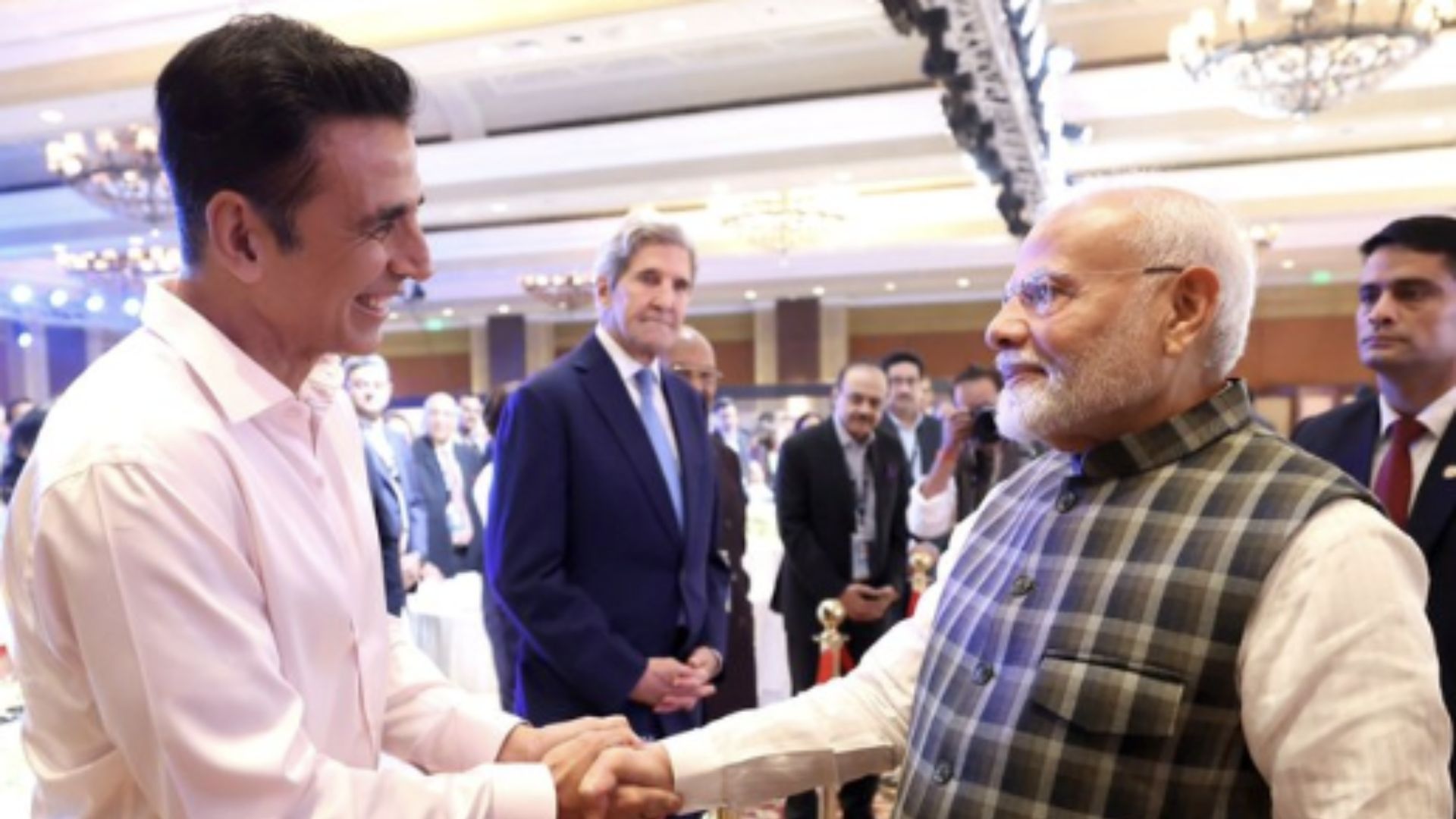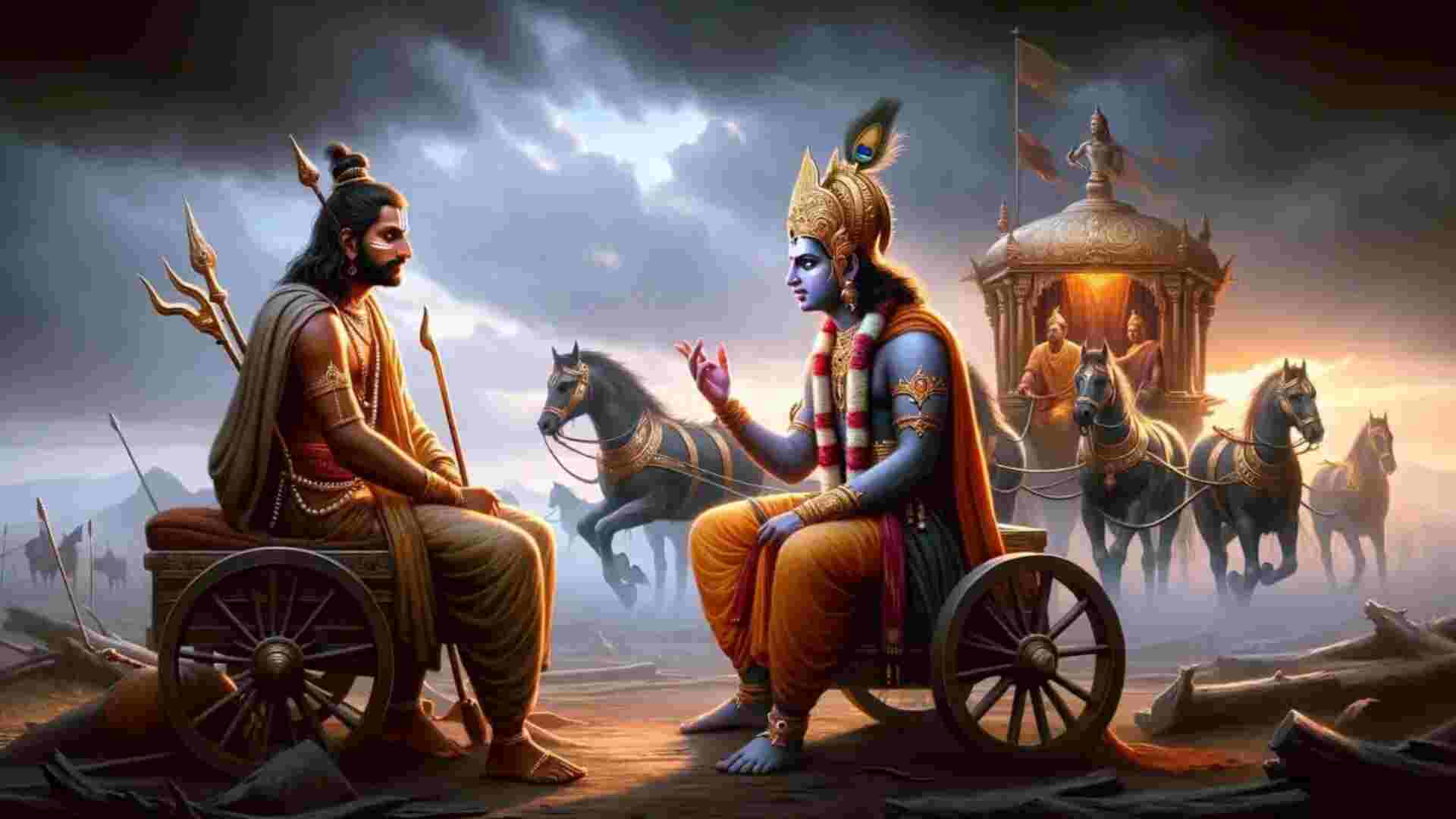
President Joe Biden finds India’s stand on the Russian invasion of Ukraine to be “shaky”. He said as much earlier in the week, when speaking of Nato and Quad allies’ and partners’ stand on Ukraine. It is surprising that the US President did not realise the impropriety of making such a statement in public about the largest democracy of the world which he calls an important friend and partner of the United States. India being a proud and sovereign nation, such singling out will not be taken kindly. In the public discourse—and this in spite of the fascination for everything American—historically, the US was once seen to be closer to India’s enemies than with India. Hence, such statements trying to put India in a spot only enable the Soviet era relics to try and exploit the faultlines that exist in India-US relations in spite of the much enhanced ties between the two greatest democracies of the world. In the process, the government’s space to manoeuvre with respect to New Delhi’s relations with the Washington gets reduced, which is best avoided. Also, at a time when the Indo-Pacific should be the focus of the Quad countries, it does not help diluting the agenda by insisting that attention should be shifted to what is essentially a European war.
Moreover, what is shaky about India’s stand? What is shaky about a country that has unequivocally said that any breach of the contemporary global order as specified by the UN Charter, any breach of international law, and respect for the sovereignty and territorial integrity of states is not acceptable? What is shaky about asking for dialogue and peaceful resolution? Why is the West seeing India’s abstention or refusal to name Russia in its statements as a support of Russian action? What about the planeloads of aid India sent to Ukraine? It is but natural that India would look after its own interests; and it is not in India’s interest to condemn Russia by name for various reasons, including its dependence on Russian arms. Incidentally, India is a purchaser of big-ticket defence items from the US too, so that aspect should negate India’s Russian connection. Also, news is that the US is now trying to organise for Ukraine the Russian made S-300 or S-400 missile system—the same S-400, purchasing which, it is being said, may invite US sanctions on India. Talk about irony dying a thousand deaths.
If it is about India buying oil from Russia, its total purchase is minuscule—less than 1% of its total imports—when compared to what the Germans buy from Russia, around 32% of the total of its oil and gas imports, as per the Independent Commodity Intelligence Services (ICIS). Germany looking after its own interests does not make it shaky in US eyes. All that lecturing that US does about taking a stand against Russia sounds hollow when Washington itself is trying to buy oil from the much-abused-by-US authoritarian regime of Venezuela, which is also close to Russia. Apparently, overtures are being made to Iran too—the same Iran whose oil India was forced to stop buying because of US pressure. But then President Biden is in a bind, given that midterm elections are looming and fuel prices are skyrocketing, impacting his already sinking ratings. As President Biden may discover to his peril, he is paying a heavy political price for staying steadfast against Russia—and not “shaky” like India is.
There are no binaries in an increasingly multipolar world. The “with us or against us” rhetoric does not work anymore. All that President Biden has done with his maximalist position is to push the US currency towards marginalisation, with countries using their own currencies to conduct business with Russia, thus bypassing the dollar. But then President Biden might feel that US losing its primacy in the current world order is a small price to pay when at stake is staying steadfast against Russia. Instead of indulging in such hyperbole, what President Biden should have done was to use India’s connection with Russia to make Vladimir Putin see sense.
As for India, while insisting on the focus to be on the Indo-Pacific, and trying to stay neutral, it should not give the impression to Russia that it supports Russian action in Ukraine. However cornered Vladimir Putin might have felt by Nato action of extending the latter’s sphere of influence, it does not justify his aggression and the devastation he has caused in a sovereign country. Neutrality means neutrality, not support.













